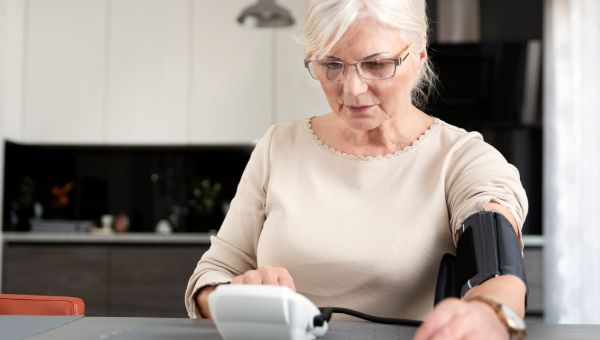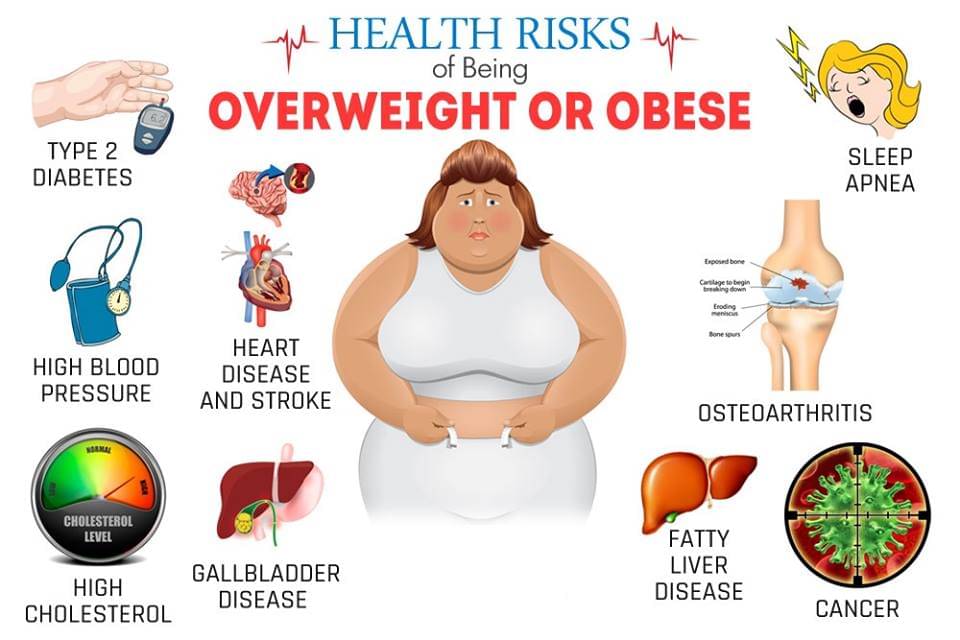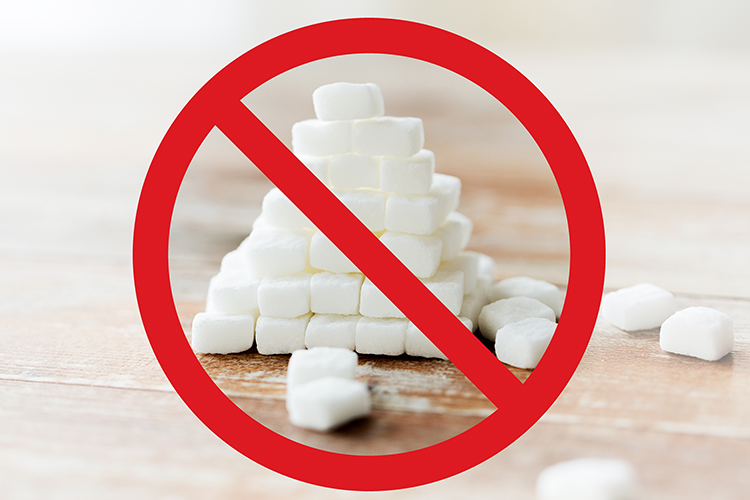Cure high blood pressure naturally
High blood pressure is a dangerous condition that can damage your heart. It affects one in three people in the US and 1 billion people worldwide.
What is blood Pressure

Blood pressure is the pressure of your blood on the walls of your arteries as your heart pumps it around your body. It’s a vital part of how your heart and circulation works. Your blood pressure naturally goes up and down all the time, adjusting to your heart’s needs depending on what you are doing. High blood pressure is when your blood pressure is persistently higher than normal.
A blood pressure reading under 120/80 mmHg is considered optimal. Readings over 120/80 mmHg and up to 139/89 mmHg are in the normal to high normal range. Blood pressure that’s high over a long time is one of the main risk factors for heart disease. As you get older, the chances of having persistently high blood pressure increases.
Higher Blood Pressure can adversely affect your-
- Kidney
- Brain
- Heart
- Eye sight
- Sex desire
Causes of high blood pressure-
Higher blood pressure is result of our daily life style. High BP is normal in older age but now a days it is very common for young and teenagers.
- Sedentary life style
- High salt and fast food consumption
- Improper sleeping
- Stress
- Obesity
- Family history
Symptoms of high blood pressure-
You can’t feel high blood pressure. There are usually no warning signs, so you can have it and not know. That’s why it’s important to get it checked. But If your blood pressure is extremely high, there may be certain symptoms to look out for,including:
- Severe headache.
- Fatigue or confusion.
- Vision problems.
- Chest pain.
- Difficulty breathing.
- Irregular heartbeat.
- Blood in the urine.
- Pounding in your chest, neck, or ears.
- Low sex desire
High blood pressure have no permanent solution in medical science, but you can control it with regular medicine and some changes in your life style. There are a number of things you can do to lower your blood pressure naturally, even without medication.
1. Walk and exercise regularly
Exercise is one of the best things you can do to lower high blood pressure. Regular exercise helps make your heart stronger and more efficient at pumping blood, which lowers the pressure in your arteries.In fact, 150 minutes of moderate exercise, such as walking, or 75 minutes of vigorous exercise, such as running, per week can help lower blood pressure and improve your heart health.

2. Avoid your sodium intake
Salt intake is high around the world. In large part, this is due to processed and prepared foods. Most common use salt is sodium chloride which have sodium content. Try to minimize the consumption of salt or use potassium chloride instead of sodium chloride (Rock Salt).Most guidelines for lowering blood pressure recommend lowering sodium intake. However, that recommendation might make the most sense for people who are salt-sensitive.
3. Reduce drinking alcohol
Drinking too much alcohol can raise blood pressure to unhealthy levels. Having more than three drinks in one sitting temporarily increases your blood pressure, but repeated binge drinking can lead to long-term increases. In the US, moderate alcohol consumption is defined as no more than one drink a day for women and two for men. If you drink more than that, cut back. In the US, moderate alcohol consumption is defined as no more than one drink a day for women and two for men. If you drink more than that, cut back.
4. Involve potassium rich foods in diet
It helps your body get rid of sodium and ease pressure on your blood vessels. Modern diets have increased most people's sodium intake while decreasing potassium intake. To get a better balance of potassium to sodium in your diet, focus on eating fewer processed foods and more fresh, whole foods. some potassium rich foods are:
- Bananas, oranges, cantaloupe, honeydew, apricots, grapefruit (some dried fruits, such as prunes, raisins, and dates, are also high in potassium)
- Cooked spinach.
- Cooked broccoli.
- Potatoes.
- Sweet potatoes.
- Mushrooms.
- Peas.
- Cucumbers.
5. Manage Stress
Stress is key factor of many health problem including high blood pressure. When you're chronically stressed, your body is in a constant fight-or-flight mode. On a physical level, that means a faster heart rate and constricted blood vessels. When you experience stress, you might also be more likely to engage in other behaviors, such as drinking alcohol or eating unhealthy food, that can negatively affect blood pressure.

- Avoid Caffeine, Alcohol, and Nicotine.
- Indulge in Physical Activity.
- get proper sleep
- Talk to Someone
- listen your favorite music
- Keep a Diary
6. Control your weight

your blood pressure rises as your body weight increases. Losing even 10 pounds can lower your blood pressure and losing weight has the biggest effector those who are overweight and already have hypertension. Overweight and obesity are also risk factors for heart disease. According to studies, losing 17 pounds (7.7 kg) was linked to lowering systolic blood pressure by 8.5 mm Hg and diastolic blood pressure by 6.5 mm Hg.
7. Avoid Smoking
Among the many reasons to quit smoking is that the habit is a strong risk factor for heart disease. Every puff of cigarette smoke causes a slight, temporary increase in blood pressure. The chemicals in tobacco are also known to damage blood vessels. Surprisingly, studies haven't found a conclusive link between smoking and high blood pressure. Perhaps this is because smokers develop a tolerance over time. Still, since both smoking and high blood pressure raise the risk of heart disease, quitting smoking can help reverse that risk.

8. Less consumption of sugar
Cutting down on sugar. Eating too much sugar can lead to weight gain over time, which puts you at risk of high blood pressure. Sugary foods are high in calories, but often have few other nutrients, and can lead to a quick energy rush followed by a slump afterwards. Sugar is also an important cause of tooth decay.

And it's not just sugar - all refined carbs, such as the kind found in white flour, convert rapidly to sugar in your bloodstream and may cause problems. Refined carbs, especially sugar, may raise blood pressure. Some studies have shown that low-carb diets may help reduce your levels.

9. Try Meditation
Meditation has been practiced since antiquity in numerous religious traditions and beliefs, often as part of the path towards enlightenment and self realization. Meditation may be used with the aim of reducing stress, anxiety, depression, and pain, and increasing peace, perception, self-concept, and well-being. Meditation training improves a wide range of willpower skills, including attention, focus, stress management, impulse control and self-awareness. It changes both the function and structure of the brain to support self-control.

10. Monitor your blood pressure at home and ask your doctor regularly
Home monitoring can help you keep tabs on your blood pressure, make certain your lifestyle changes are working, and alert you and your doctor to potential health complications. Blood pressure monitors are available widely and without a prescription. Talk to your doctor about home monitoring before you get started.
Regular visits with your doctor are also key to controlling your blood pressure. If your blood pressure is well-controlled, check with your doctor about how often you need to check it. Your doctor may suggest checking it daily or less often. If you're making any changes in your medications or other treatments, your doctor may recommend you check your blood pressure starting two weeks after treatment changes and a week before your next appointment.


No comments